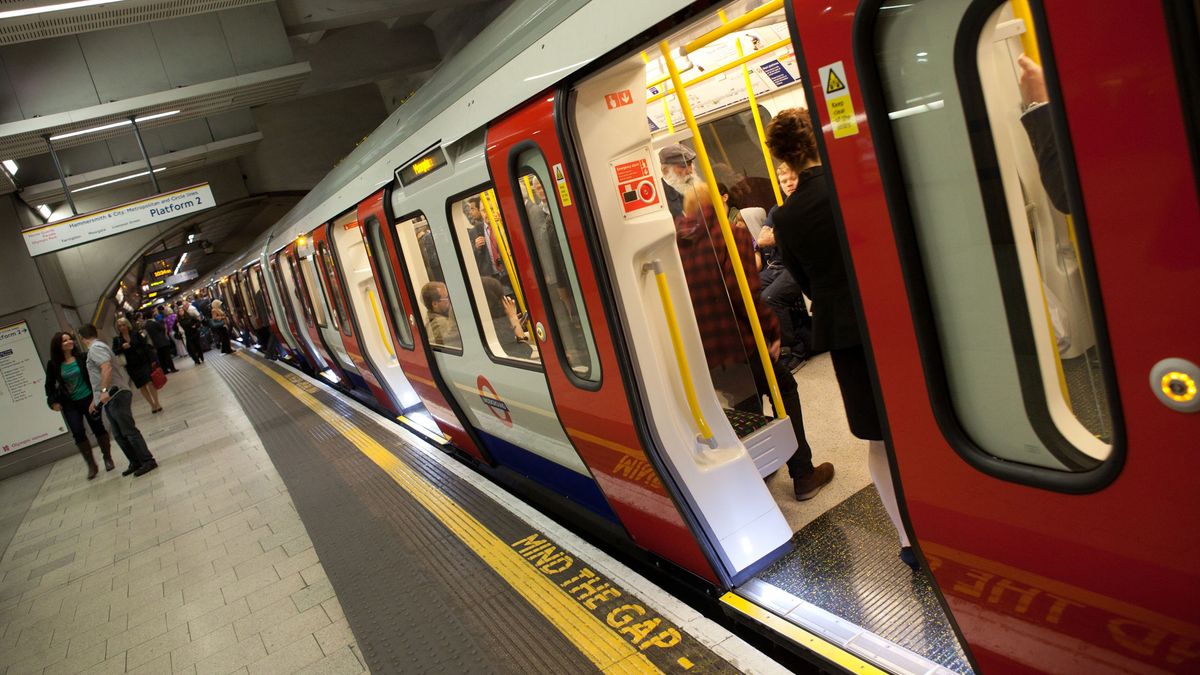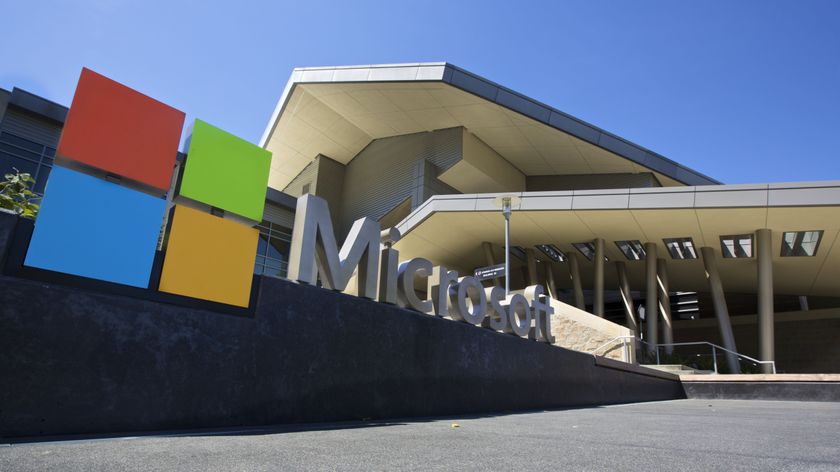London's Tube will have full 4G coverage by 2024
TfL awards 20 year concession to build a 4G network

Transport for London (TfL) says every tube station and tunnel will have 4G coverage by the end of 2024.
The authority has reached a concession with BAI Communications to build and operate a neutral host network available to all four major mobile operators, with the first stations coming online as soon as 2022.
These include some of the busiest parts of the London Underground, including popular stations such as Oxford Circus, Tottenham Court Road, Euston, Bank and Camden Town.
- These are the best business SIM-only deals around today
- And the best business broadband deals
- Here are the best business mobile phone deals
Tube mobile coverage
Work has already started on deployment, with cables already installed on the Victoria Line, Northern Line extension, and Jubilee Line, where a trial of 4G coverage has been live since last March. In total, more than 2,000 km of cables will be laid.
Although only 4G will be supported at launch, TfL and BAI say the network will be ‘5G Ready’.
The London Underground has long been the UK’s most high profile ‘mobile not spot’ with previous attempts to bring mobile connectivity to the capital’s subterranean railway network all ending in failure.
Former Mayor Boris Johnson once declared that mobile coverage would arrive by 2012 and his predecessor Ken Livingstone asked the industry for pitches back in 2005. A more recent target by Transport for London (TfL) was to have full coverage by 2019.
Are you a pro? Subscribe to our newsletter
Sign up to the TechRadar Pro newsletter to get all the top news, opinion, features and guidance your business needs to succeed!
Virgin Media operates a public Wi-Fi network in tube stations, but connectivity does not extend beyond the platform.
However, Mayor of London Sadiq Khan had made mobile coverage on the tube one of his key manifesto pledges. He believes mobile coverage will provide a boost to the economy and improve the lives of those who live and work in the capital. The network will also support the Emergency Services Network (ESN.
“Protecting jobs and stimulating our city’s economy is a top priority for me as London rebuilds after this pandemic, and investing in London’s connectivity and digital infrastructure is central to this,” he said.
One of the biggest barriers to deployment has been the difficulty in deciding who would fund, build, and operate the required infrastructure given the complexities of the operation.
Under the terms of its 20-year concession, BAI has joined as a long-term investor, and will build and operate the network. There are no upfront costs for TfL, with revenues generated by the authority reinvested back into London’s transport system.
Potential revenue streams go beyond providing wholesale access to mobile operators. The tube 4G network will be supported by a full fibre backbone that could be used to deliver ultrafast broadband services to homes and businesses, as well as for backhaul for mobile operators densifying their networks to provide the required capacity and latency for 5G.
BAI Communications also sees potential in other business applications.
“By building the most advanced network of its kind in the world here, we are helping London leapfrog other major cities in terms of connectivity and ensure that the capital remains the most attractive place for investment,” declared Billy D’Arcy, CEO of BAI Communications UK. “Across the length of this concession, we fully anticipate investing in excess of £1 billion across the Connected London programme.”
“We will also establish a new city-wide high-capacity fibre network throughout London and leverage the power of 5G and the Internet of Things to unlock new opportunities for technological innovation. Our extensive credentials delivering large-scale connected infrastructure and networking solutions position us perfectly to capitalise on the fast-growing commercial appeal of 5G enterprise solutions and smart city applications.”
- Here are the best mobile phone deals around today
Steve McCaskill is TechRadar Pro's resident mobile industry expert, covering all aspects of the UK and global news, from operators to service providers and everything in between. He is a former editor of Silicon UK and journalist with over a decade's experience in the technology industry, writing about technology, in particular, telecoms, mobile and sports tech, sports, video games and media.













